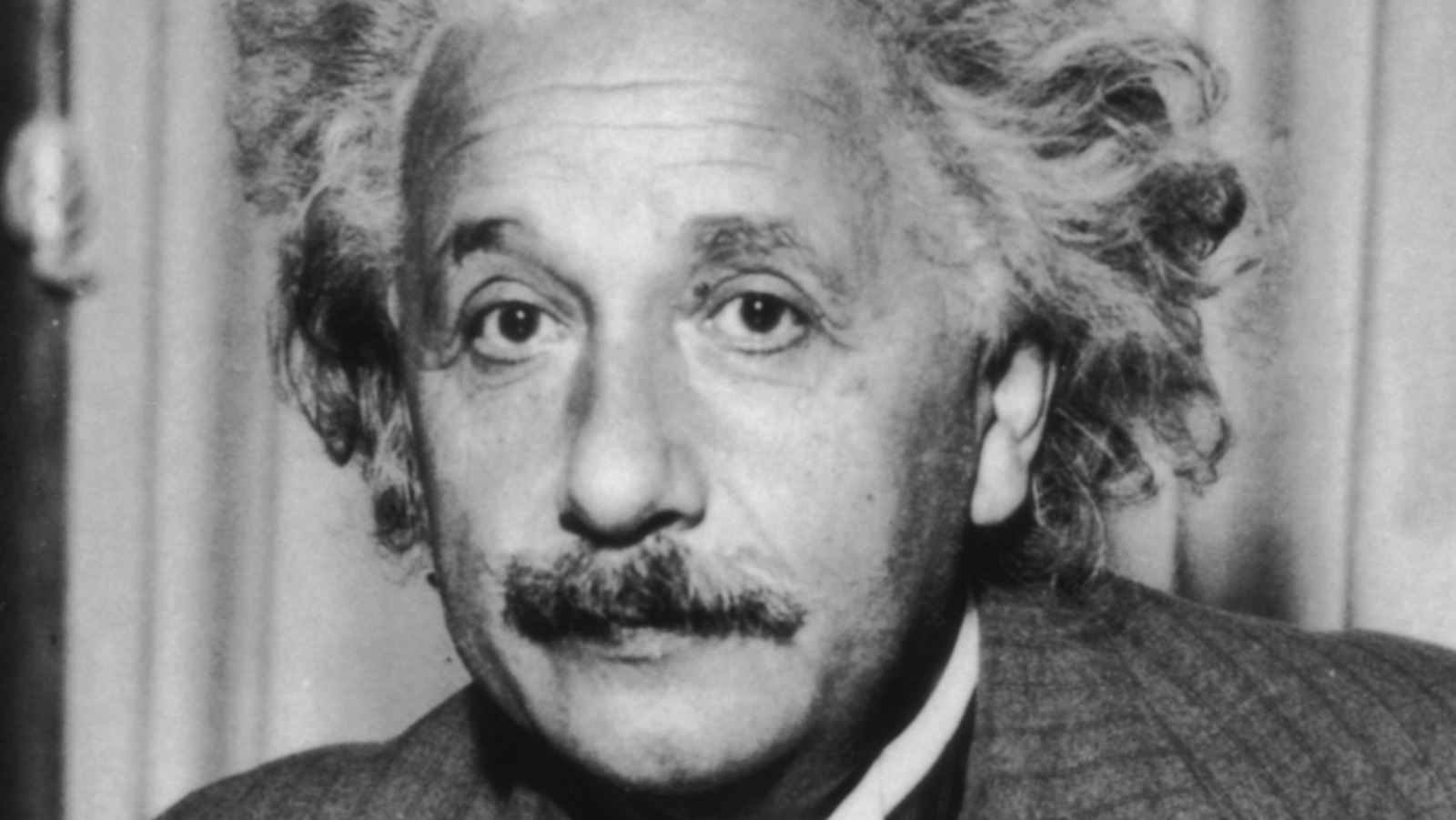
Post By : 05/11/2024
Albert Einstein
- Date Of Birth: 14/03/1879
- Date Of Death: 18/04/1955
- Age: 76 years
- Cause Of Death: Internal bleeding caused by the rupture of an abdominal aortic aneurysm
- Birth Place: Ulm, Kingdom of Württemberg, German Empire
- Place Of Death:Princeton, New Jersey, United States
- Wife: Mileva Marić (1903–1919), Elsa Einstein (1919–1936)
- Occupation: Theoretical physicist
- Overview: Albert Einstein was a renowned theoretical physicist best known for developing the theory of relativity, one of the two pillars of modern physics. He made significant contributions to our understanding of the universe, revolutionizing concepts of space, time, and energy.
- Early Life and Education: Einstein was born in Ulm, Germany, and grew up in Munich. He showed an early aptitude for mathematics and science but struggled in formal education due to his independent thinking and rebellious nature. Einstein later attended the Swiss Federal Institute of Technology (ETH Zurich) and graduated with a degree in physics in 1900.
- Theory of Relativity: Einstein's theory of relativity consists of two main theories: special relativity, published in 1905, and general relativity, published in 1915. Special relativity introduced the famous equation E=mc^2, which equates mass with energy, and redefined concepts of space and time. General relativity extended these ideas to include gravity, proposing that massive objects warp the fabric of spacetime.
- Contributions to Physics: In addition to his work on relativity, Einstein made significant contributions to quantum mechanics, statistical mechanics, and cosmology. He received the Nobel Prize in Physics in 1921 for his discovery of the photoelectric effect, which demonstrated the particle-like properties of light.Legacy Einstein's work transformed our understanding of the universe and paved the way for numerous technological advancements, including nuclear energy and GPS. He is widely regarded as one of the greatest scientists of all time and remains an iconic figure in popular culture. Einstein's legacy continues to inspire future generations of scientists and thinkers to explore the mysteries of the cosmos.
- Personal Life: Beyond his scientific endeavors, Einstein was known for his humanitarian and pacifist beliefs. He advocated for social justice, civil rights, and disarmament, and was a vocal critic of nationalism and militarism. Einstein's personal correspondence and philosophical writings offer insights into his views on morality, religion, and the human condition.
- Conclusion: Albert Einstein's groundbreaking discoveries and profound insights reshaped our understanding of the universe and left an indelible mark on the course of human history. His intellectual legacy continues to influence scientific inquiry and philosophical discourse, reminding us of the power of curiosity, imagination, and perseverance in the pursuit of knowledge.
- "Imagination is everything. It is the preview of life's coming attractions."
- "If you can’t explain it simply, you don’t understand it well enough."
- "In the middle of difficulty lies opportunity."
- " The important thing is not to stop questioning. Curiosity has its own reason for existing."
- " I have no special talents. I am only passionately curious."
Famous Quotes
